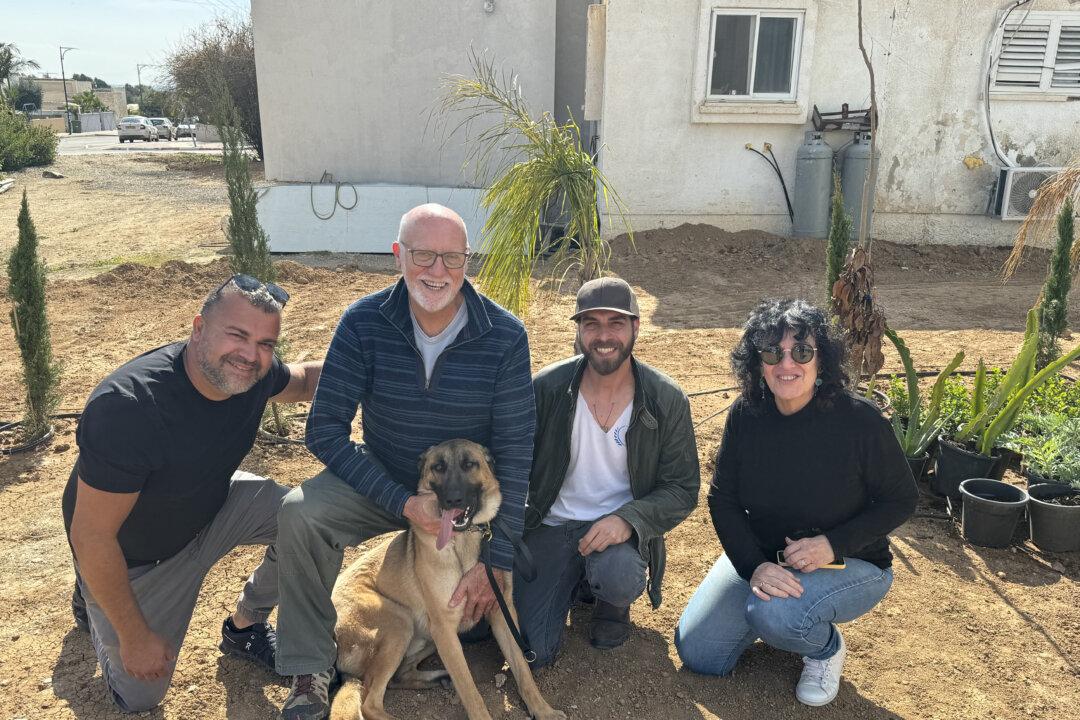SHOKEDA, Israel—The massacre of Oct. 7, 2023, which took the lives of more than 1,200 Israelis, also took a toll on man’s best friend.
Dogs were among those killed by Hamas terrorists that day in their raid against Israel’s communities near Gaza.


SHOKEDA, Israel—The massacre of Oct. 7, 2023, which took the lives of more than 1,200 Israelis, also took a toll on man’s best friend.
Dogs were among those killed by Hamas terrorists that day in their raid against Israel’s communities near Gaza.